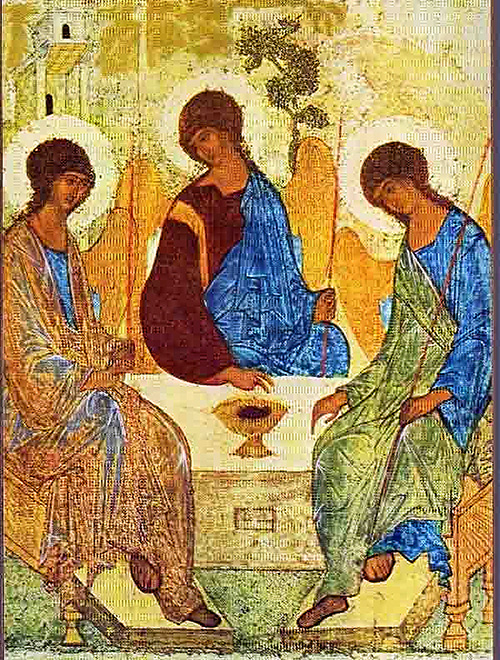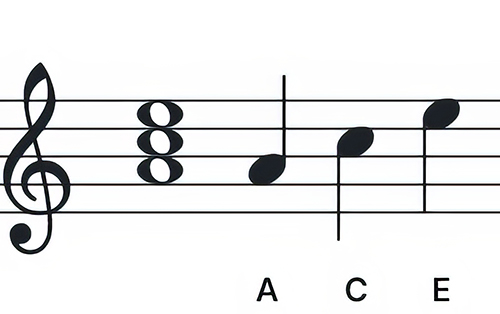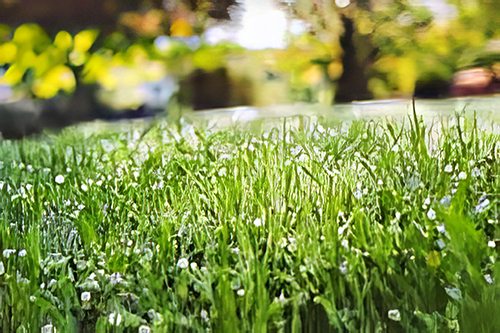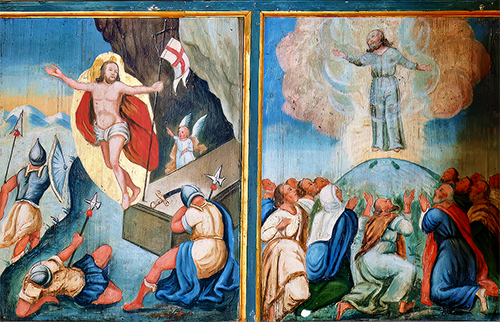
Is it by chance that we celebrate the feast of the Body and Blood of Christ on the Sunday immediately following the feast of the Trinity? Or maybe there is something more to it?
There is a famous icon written by the Russian iconographer Andrei Rublev. It is known as the icon of the Trinity. The icon’s original title was, and in fact still is, known as “The Hospitality of Abraham” and was written in 1411. The story of Abraham and Sarah’s generous hospitality to three visitors who came to them by the oaks of Mamre is told in Genesis 18.
An examination of this icon suggests (to me at least) that there is an intimate relationship between the Trinity and Eucharist. As the icon is written the three persons are seated around a table in an attitude of harmony and peace; the very lines of the icon create a circle within which the unity of the persons, the manner of their presence to one another, is visible. At the focal point of the icon there is a cup between them on the table. It is a wonderful use of symbol and suggestion. The Trinity hints at the Eucharist. It is as if the divine persons were saying: be one with one another as we are one. (See John 17:21) To make the invitation even clearer, there is an empty place at the table.
We are being invited and drawn into the inner life of the Trinity, to sit at that empty place at God’s table. Jesus is the way; the Spirit is the inner urge to move that way. “No one can come to the Father unless the Father draw them” (Jn 6:44). Commenting on this in the fifth century, St Augustine wrote: “He did not say lead, but draw. This ‘violence’ is done to the heart, not to the body…. Believe and you come; love and you are drawn”.



